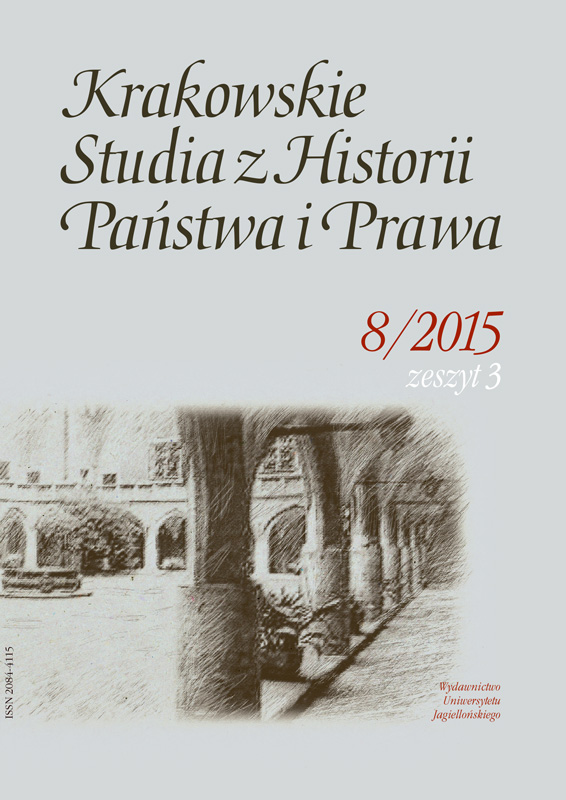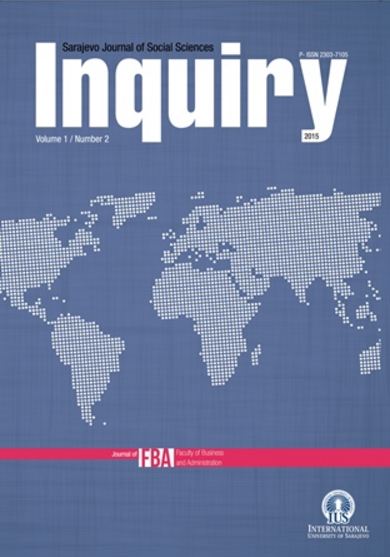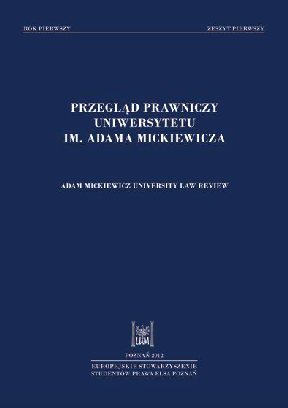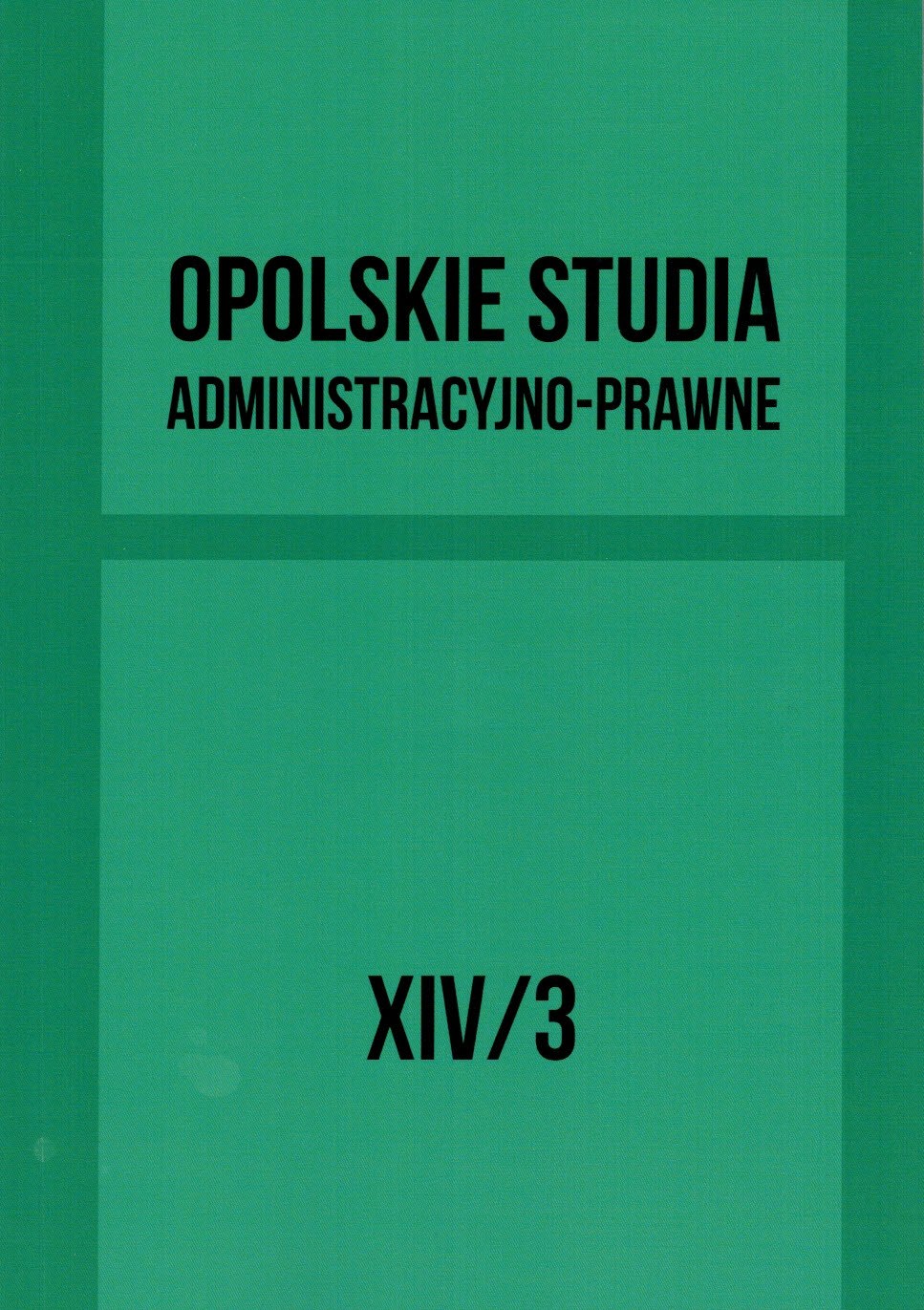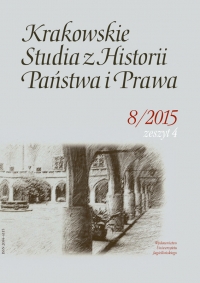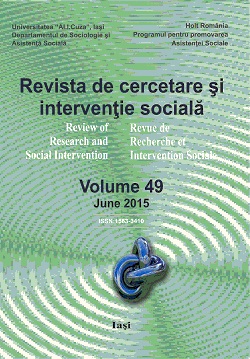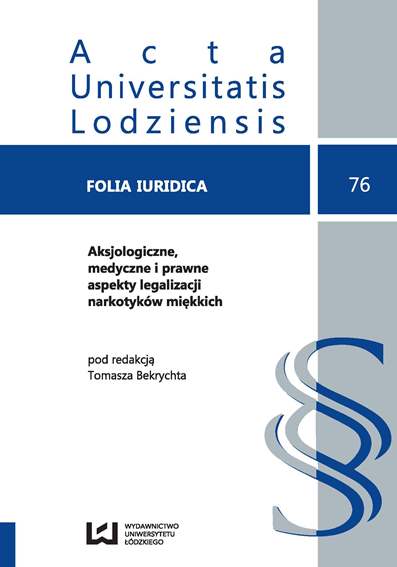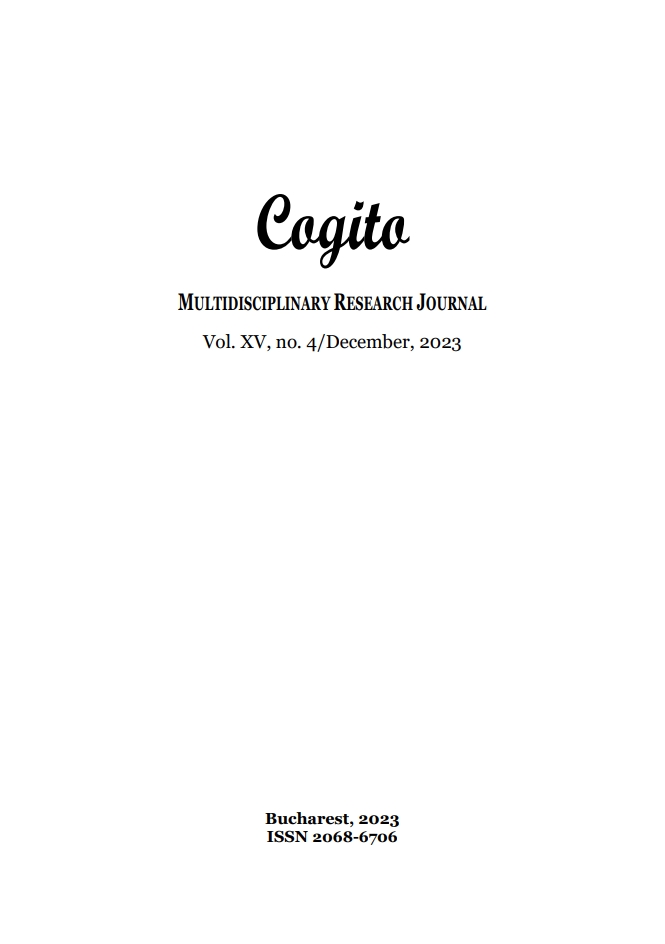Author(s): Branka Kolar Mijatović / Language(s): Bosnian
Issue: 14/2017
According to the resulting changes, and in terms of preparation for the accession process of Bosnia and Herzegovina to the EU, there were changes of a large number of legal regulations in different areas of social life, as well as in the field of employment relations. These changes have led to changes within the framework of defining the categories of labour relations as well as the rights, obligations and responsibilities arising from the employment or labour relations. Changes within the framework of a number of legal norms in the field of labour law in Bosnia and Herzegovina (hereinafter BiH) as part of other changes as well as through the adoption of a small number of laws at the state level, a larger number on the level of the two entities and Brcko District, have established new rules. A large number of laws and regulations have created a problem in defining the basic principles of labour law which is why employees at various levels in BiH have difficulty in protecting and exercising their rights regarding labour relations. Constitution of Bosnia and Herzegovina does not regulate domain of work and its legal frames. Constitutions of the Republic of Srpska, the Federation of BiH and the Brcko District define and prescribe the basic norms in the field of labour law, and in this way they provide the framework for the legal regulation of this matter. The labour legislation of both entities in Brcko District of BiH and the Labour Law of BiH does not contain complete provisions in order to provide a more complete protection of employees and their basic human rights in the part of disciplinary procedures and responsibilities. It is left to address these issues by-laws. According to labour legislation in BiH, the employees in the execution of labour tasks can undergo: disciplinary measures, material, civil and criminal procedures. When it comes to government officials in both entities, Brcko District and at the state level, their employment status is regulated by the Law on Civil Service in the Institution of Bosnia and Herzegovina, as well as a series of bylaws. This paper is an analysis of aspects of the existing normative framework in the field of disciplinary procedures and responsibilities of employees in Bosnia and Herzegovina. Over time, the need for the systematization of extensive materials in the field of labour relations, labour law, in general, and the topic of the paper is to draw attention to the need for harmonization of laws in this area. Even though, there are a number of works regarding the broader field of this topic, in preparing this work it was observed that there is a lack of case law on these matters due to the fact that the aforementioned laws have been relatively applied for a short period of time, and there are decisions to be taken at several levels (state and entity). Practically all of them have not specifically dealt with disciplinary liability of the employees, which is why the companies / enterprises have edited these questions using general bylaws. Furthermore, the Civil Service Act, when it comes to civil servants, this matter is not fully defined, and the regulations of this area is further developed. This paper is a contribution to a better understanding of the complexity of labour relations in the area of responsibility of civil servants and employees in Bosnia and Herzegovina.
More...
